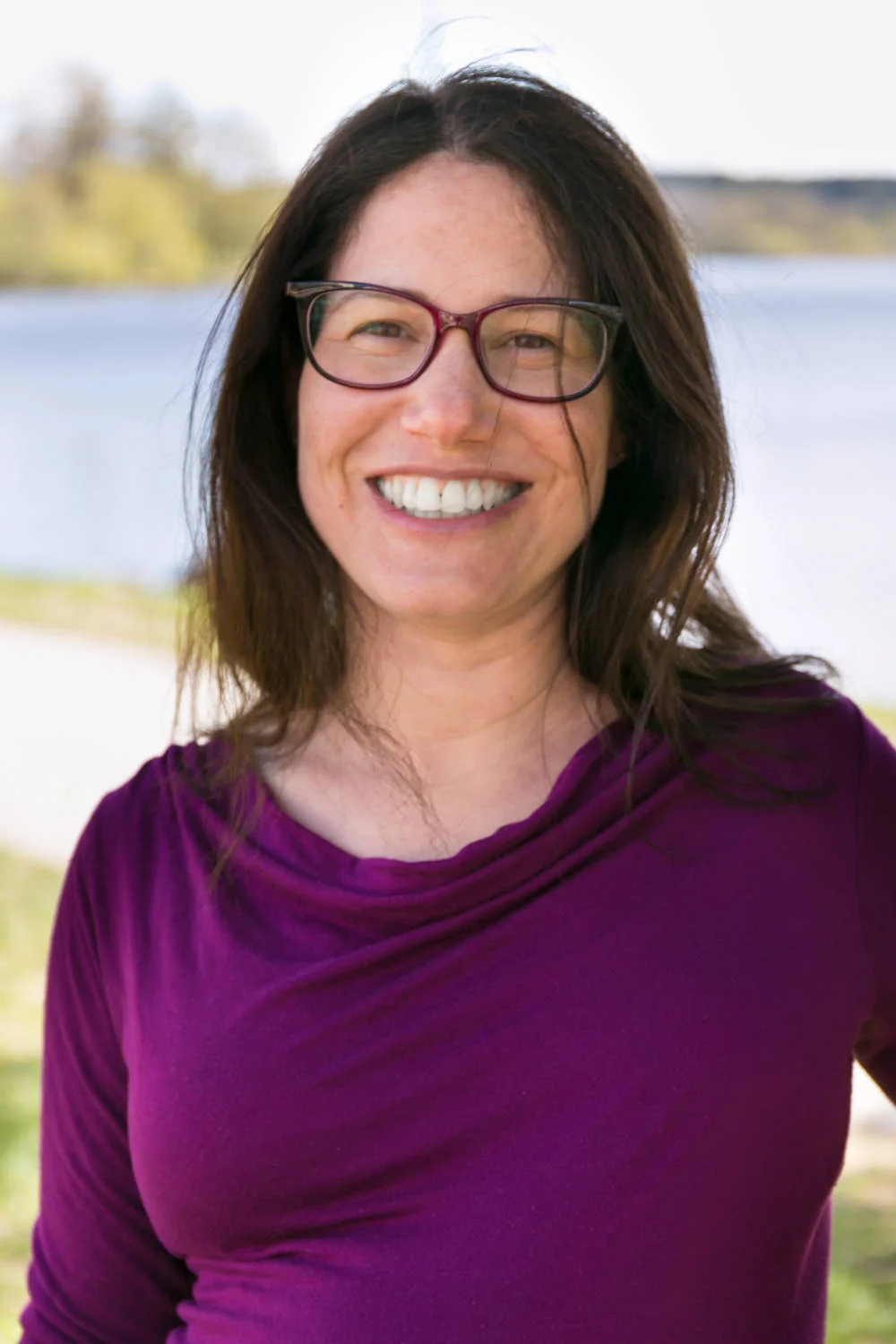Children with more than one language are believed to start talking later, maybe due to being exposed to several languages. Research, however, is really clear that bilingualism does not cause language delay.
Language delay is when children between 18-35 months don’t use limited expressive vocabulary (at 18-20 months using about 10 words and by 24 months using about 50 words). They may understand what is being said to them. Those children, who don’t use many kinds of words and a combination of words across their languages are also late talkers. For more information check out the Hanen Center's website.
Like all children, bilingual children can have a language delay (which has nothing to do with their bilingualism). If they do have language delay, the problem affects all their languages, not just one of them. Luckily, language delay is relatively rare in children. If you or your child’s paediatrician or health care provider suspects that a child has a language related disorder, they will refer the child to a speech and language pathologist.
So why are bilingual children believed to have language delay? This myth probably stems from the lack of information about bilingual language development. These children use their languages for different purposes (e.g. one language at home, the other in school) and with different people (e.g. one language with dad and one language with mom) and this is reflected in their language skills. For example a child who is currently learning about animals in preschool might have a wider range of vocabulary in that language than his/her home language.
Bilingual children will not have the same proficiency at both of their languages. The reason that these children are perceived as late talkers is because they are compared to their monolingual peers based on only one of their languages. This is an unrealistic comparison because they are not two monolinguals in one. There are developmental differences between monolingual language development and bilingual language development. Neither are better than the other, only different.
Do you need additional support?
Do you have a specific question or problem that you would like to discuss?
Take a look at my services and contact me so that I can see how I can help.

Bio
Vera Angyal is an ICF ACC coach. She has over 20 years of experience as an international educator and has been teaching in Sweden since 2016.
She holds a Master’s degree in English Literature and Linguistics, a Bachelor’s degree in Teaching English as a Foreign Language, and she is a certified Solution-focused BRIEF coach. She speaks four languages and has worked with dozens of international families over her career.
Her interest is in applying a solution-focused mindset to improve communication and collaboration in schools for educators. She also works with teenagers and adult professionals to support their academic goal-setting and career choices.
Due to her vast experience in international education, she is also keen on language learning and multilingualism. Read more about her here.
